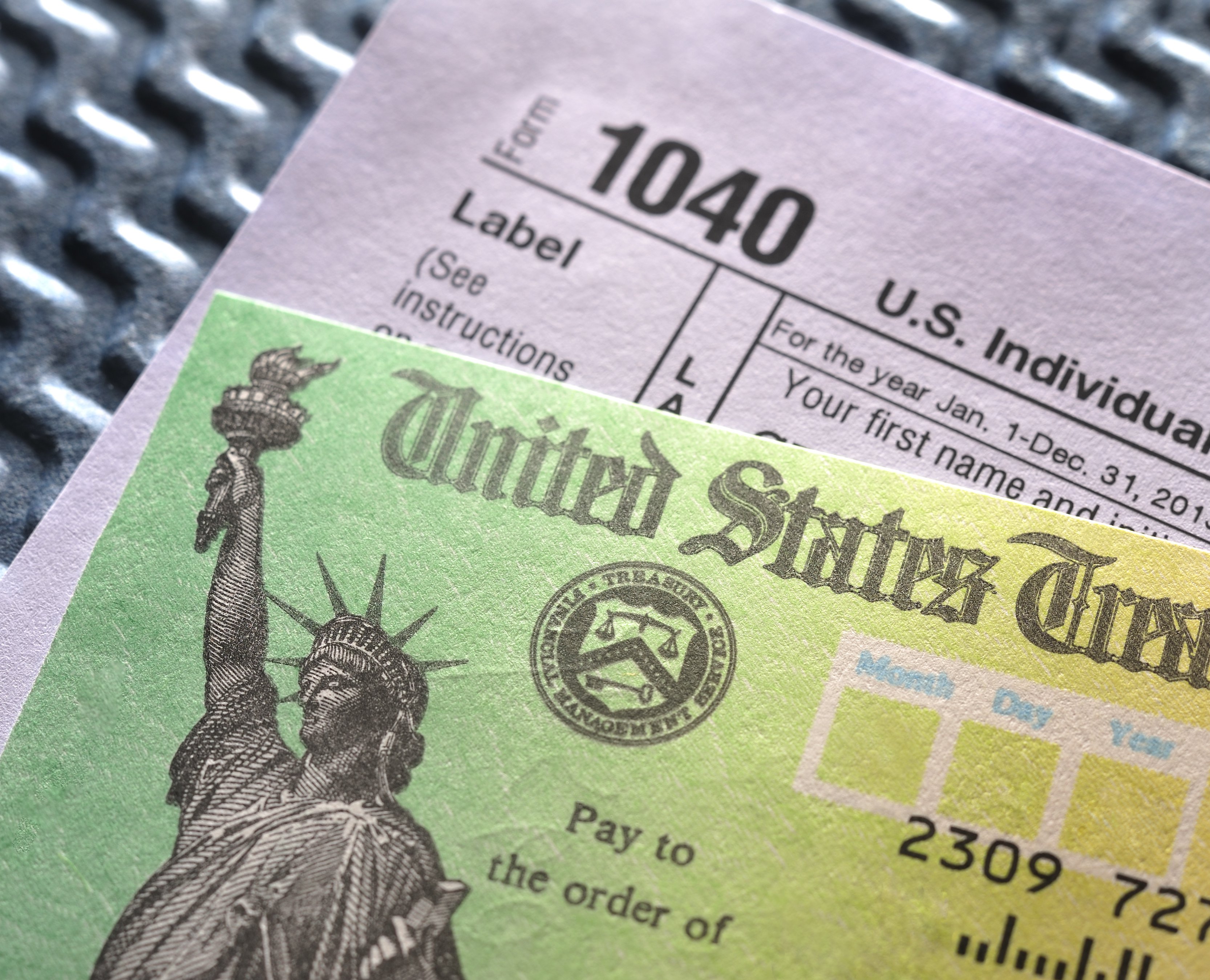
Almost no one likes doing their taxes. After all, there's a lot of paperwork involved and the threat of an audit hanging over your head if you do things wrong. Plus, the tax code is very long and complicated, and even many tax professionals aren't 100% sure what some of its more obscure provisions actually mean.
The good news is, learning some key facts about taxes can help make filing easier -- and potentially help you keep at least a little more money in your pocket. In fact, here are 40 things you should probably know before you submit your returns for 2019.
Invest better with The Motley Fool. Get stock recommendations, portfolio guidance, and more from The Motley Fool's premium services.